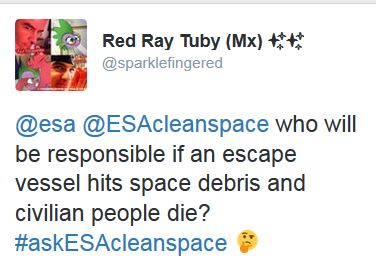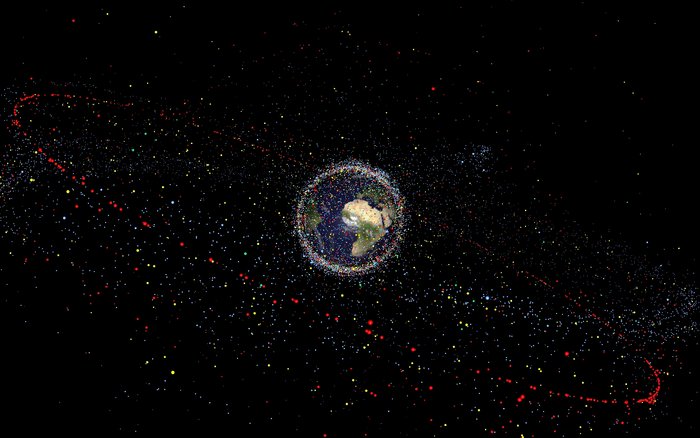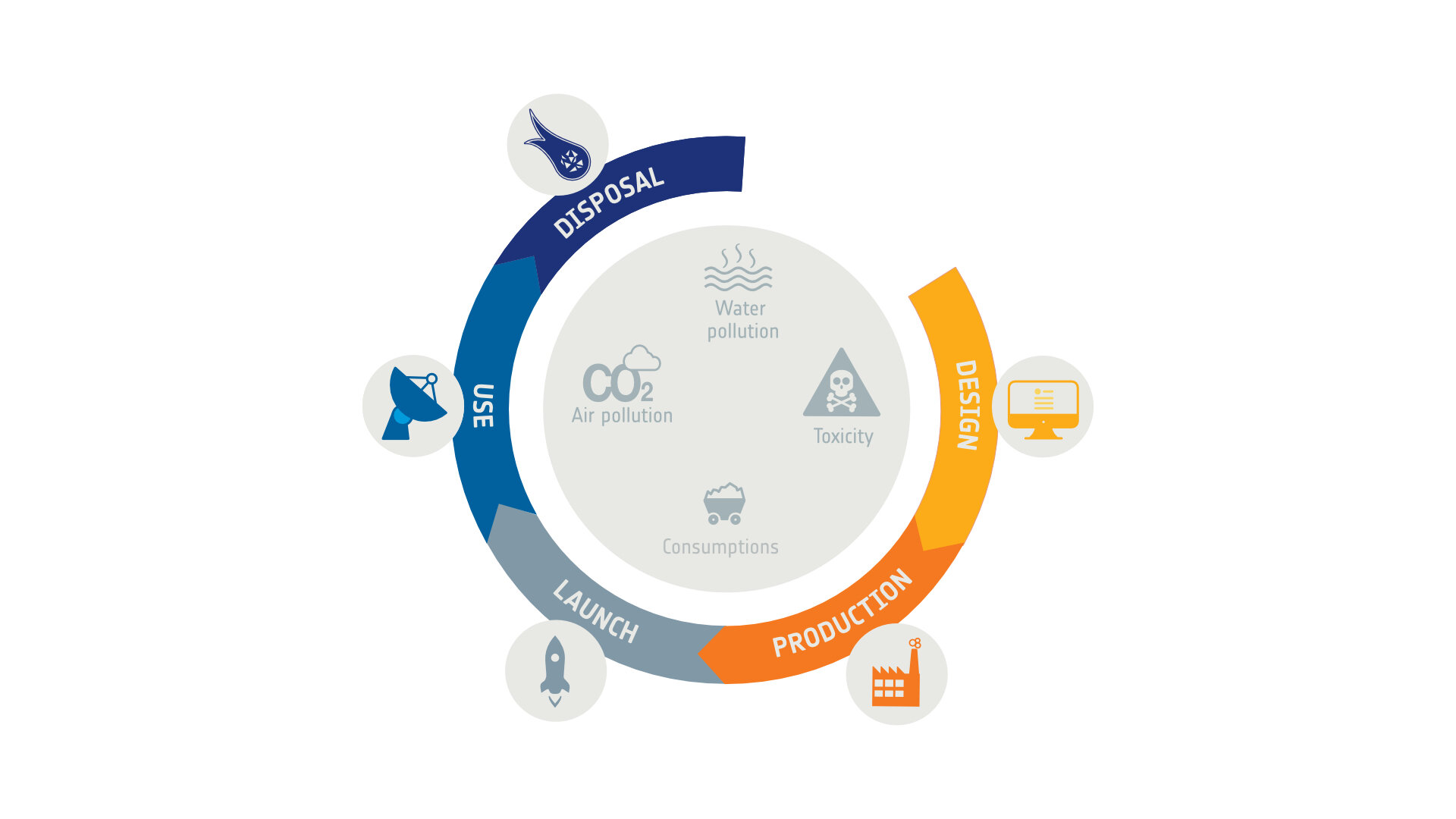Earlier this month we have received a very interesting question on Twitter: ”Who will be responsible if an escape vessel hits space debris and civilian people die?”.

Our colleague, Alexander Soucek, from the Legal Services Departement at ESA gives us the following answer.
This scenario is apocalyptic, but let us analyse it calmly and through the eyes of the last lawyer who remained on the surface of Earth: first, this lawyer will want to clarify the terminology used by @sparklefingered (Update: @sparklefingered is now @Winterbynes).
“Responsibility” in international law describes the attribution of breaches of legal obligations. In other words: States are responsible for breaching any international legal obligation they have. In the dramatic escape case at hand, the question would therefore rather relate to “liability”, i.e. the obligation to settle damages.
First lesson learned: even when the planet perishes, the use of correct language is key.
Second, the last lawyer on Earth will analyse the chaos in orbit by applying international space law: for damages occurring in outer space, States (and some international organisations) are liable only if they are at fault – without the proof of fault, no liability. From today’s perspective, there is even no legally binding obligation to mitigate space debris, although there are several non-legally binding guidelines that are increasingly applied and followed.
The result of crashing into space debris during humankind’s dramatic escape from Earth could thus well be: no one is responsible (no breach of an international legal obligation) and no one is liable (no faulty behaviour).
Admittedly, this result seems disappointing – but in all likelihood it would be the last thing to complain about in that very moment.





Discussion: one comment
The thing is, during escape there will be survivors that made it, and dead people that didn’t. The ones that survive may have families that didn’t make it; because of an accident. The ones that made it, will probably head on towards Mars ( autopilot ) to wait until earth is safe again, it is most logical that they would head to Mars rather than orbit the moon simply because of the usable atmosphere that is still on Mars.
Still, the point is, if my family were killed by a dead rocket booster stage -let’s say one that was launched in the last 10 years; no thought was put into retrieving that junk and minimising the risk, oops.
My suggestion would be: from now on; everything that is launched must have independant thrust ability to de-orbit itself, fairings, nose cones, dead cubesats, etc.
Everybody should be picking up their own litter and taking it home with them.
I live very far away from my family so my chances of survival are probably different from those who live and will depend upon one ship for the continuation of their gene line.
However, we are trying to build mitigation to avoid having to do this in the first place i.e microgravity experiments to build tools to deploy on the occasion should an asteroid come within striking distance of Earth.
For example: the MigrogNExT projects NASA are currently sponsoring and leading with direct mentoring from leading NASA staff at places such as Columbia Science Initiative – they are building and designing amongst other things; a human handheld deployable space anchor. Building and designing a human hand held deployable space anchor is a difficult technical challenge for microgravity.
Please consider this is to send an astronaut to a fairly dangerous situation with a tool to grapple an astroid.
Put your mind to this thought and think thoroughly about the dangers of actually sending a human to an astroid in the first place. One accidental nudge, and your human is put in a life threatening situation.
In this case it is logical to say that the needs of the many outweigh the needs of the few.
#SoWhatAreWeGoingToDoAboutItThen